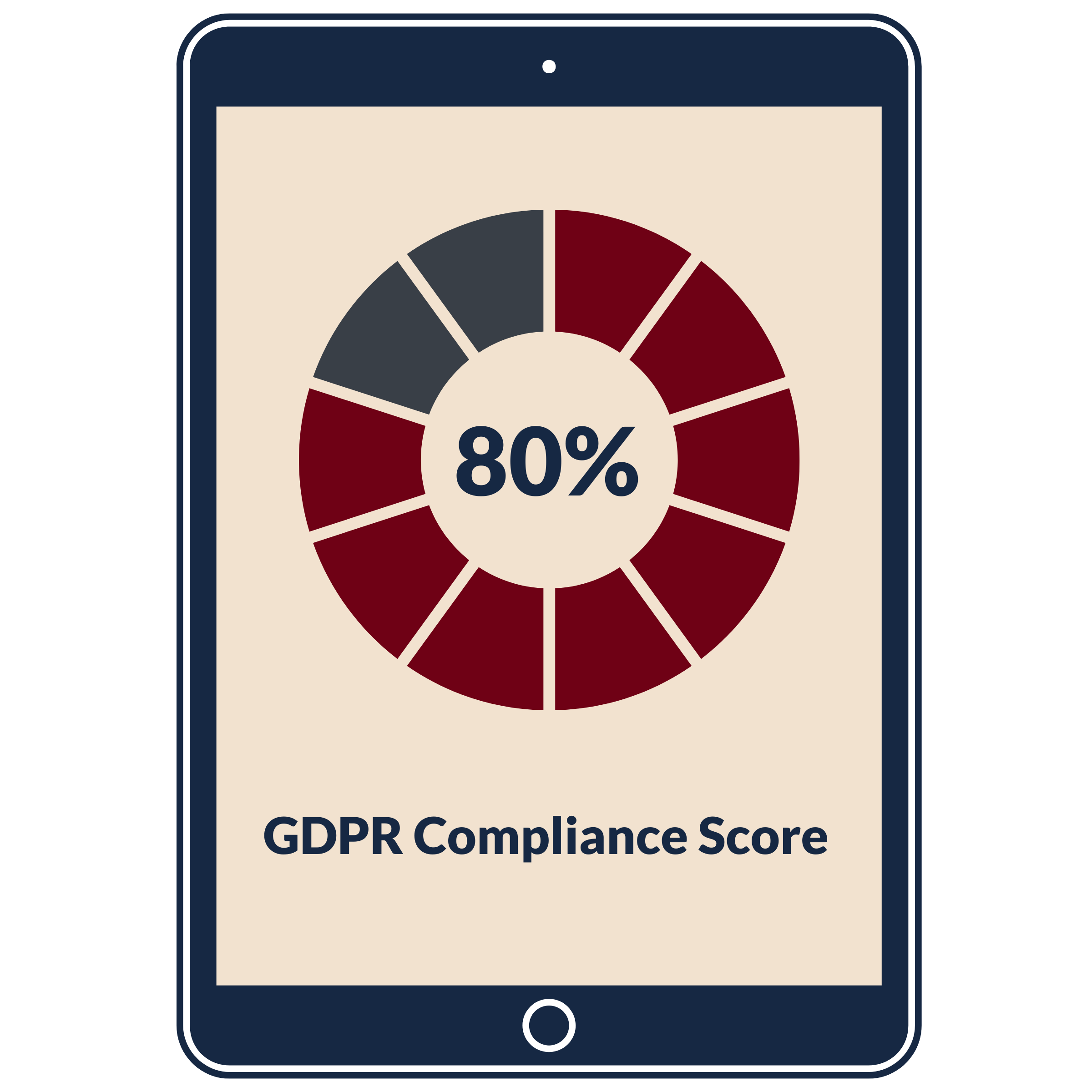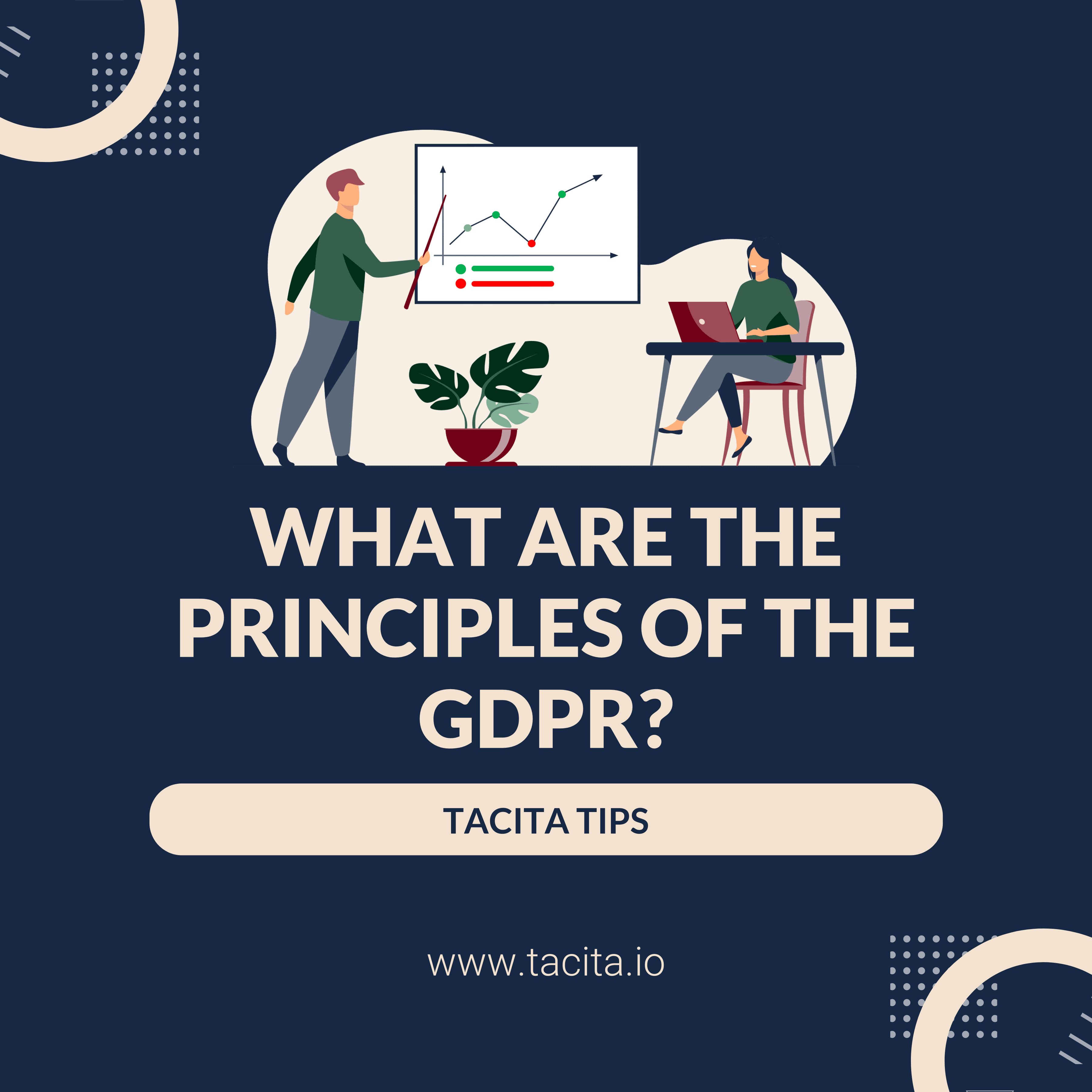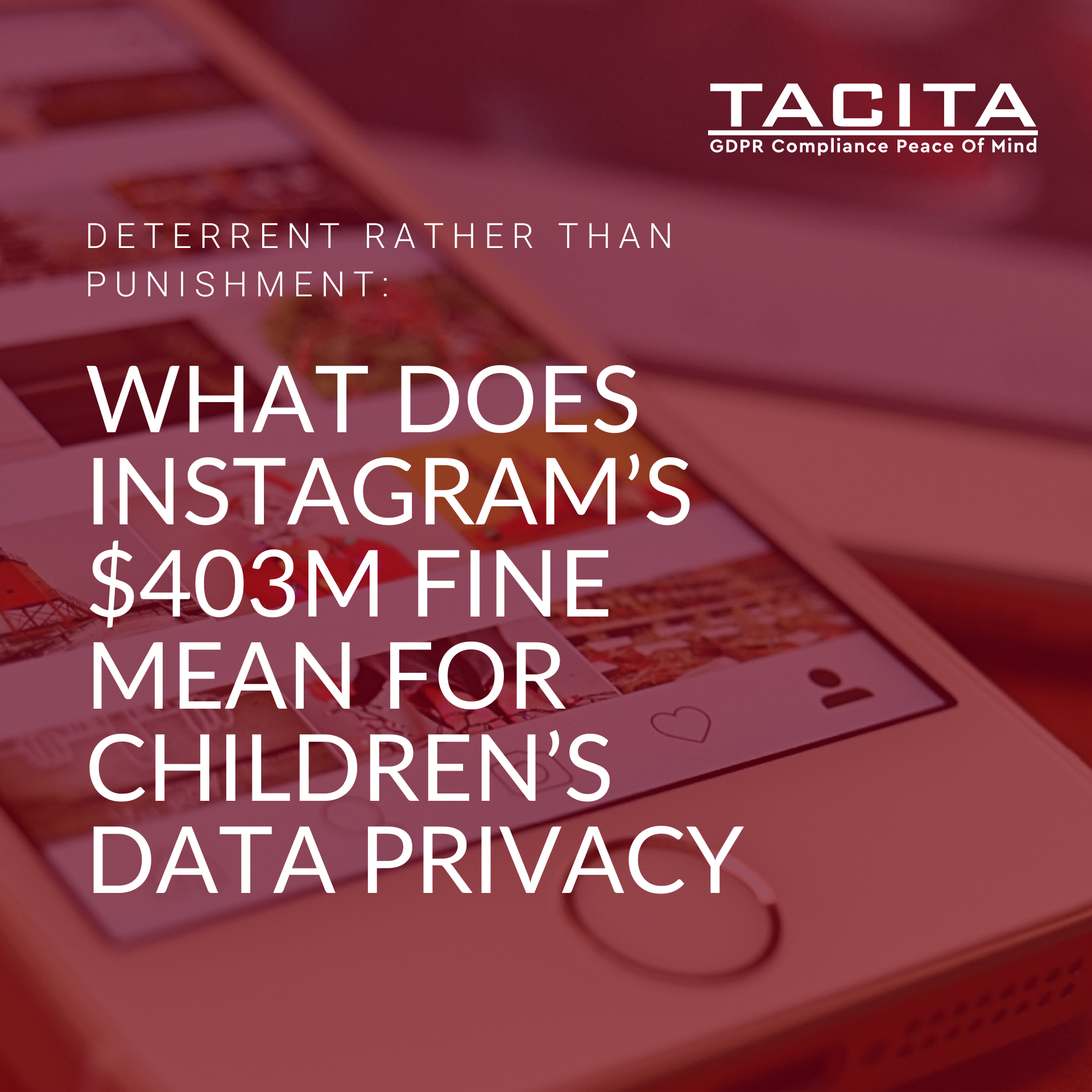The General Data Protection Regulation (GDPR) is a comprehensive data protection law that went into effect in the European Union (EU) in May 2018. It aims to strengthen the protection of personal data and ensure that organizations take appropriate measures to protect this data. As organizations across the EU and beyond collect and process large amounts of personal data, it is essential to ensure that they are compliant with GDPR regulations. This is where assessments of organizations’ GDPR compliance come into play.
Why Assess GDPR Compliance?
Assessing organizations’ GDPR compliance is crucial for a number of reasons. Firstly, it helps organizations understand their obligations under the GDPR, including what they need to do to comply with the regulation. This includes developing policies and procedures, training employees, and implementing technical measures to protect personal data.
Secondly, assessments provide organizations with an opportunity to identify and address any gaps in their GDPR compliance. This could include issues such as inadequate data protection policies, insufficient employee training, or a lack of appropriate technical measures to secure personal data.
Thirdly, assessments help organizations demonstrate their commitment to protecting personal data. In today’s digital age, consumers and employees are increasingly concerned about the security of their personal information. By undergoing an assessment, organizations can demonstrate their commitment to complying with the GDPR and protecting personal data.
Finally, assessments can help organizations prepare for potential data breaches. In the event of a breach, organizations must be able to demonstrate that they have taken appropriate measures to protect personal data. By undergoing an assessment, organizations can ensure that they have taken the necessary steps to comply with the GDPR and minimize the risk of a breach.
How to Assess GDPR Compliance
There are several steps that organizations can follow to assess their GDPR compliance:
- Conduct a data protection impact assessment (DPIA) to identify any potential risks to personal data and develop appropriate measures to mitigate these risks.
- Review existing policies and procedures to ensure they are in line with GDPR regulations, including policies on data protection, data retention, and data breach notification.
- Train employees on GDPR regulations and data protection best practices to ensure they understand their obligations and responsibilities.
- Implement technical measures, such as encryption and access controls, to secure personal data.
- Conduct regular assessments to ensure that policies and procedures are up-to-date and that employees are following best practices.
In conclusion, assessing organizations’ GDPR compliance is crucial for ensuring that personal data is protected. By taking the necessary steps to comply with the regulation, organizations can demonstrate their commitment to protecting personal data and minimize the risk of a breach. Organizations that fail to assess their compliance risk facing significant fines and reputational damage, so it is essential to take the necessary steps to ensure compliance with the GDPR.











